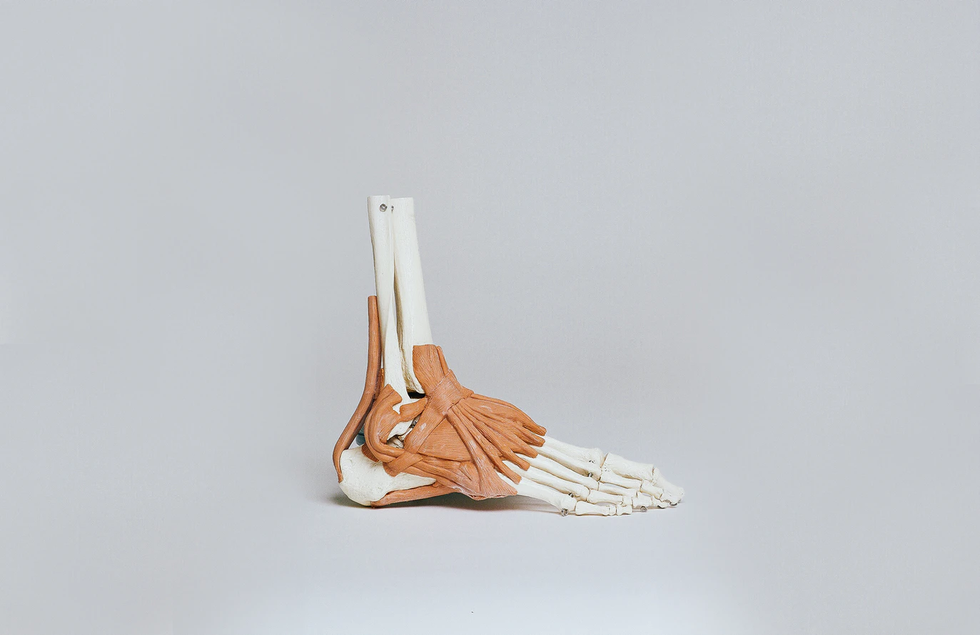It isn’t the hardest thing to find the right physiotherapist to treat you, but like many other professions, especially in health, physiotherapy has a number of different areas of expertise that are governed by strict and high standards of service.
Physiotherapists have to be well educated and officially registered in order to practice. Identifying which therapist is able to provide the treatment for your specific needs and requires more than just picking up a phone book, or selecting the first site that pops up on google.
Here’s a list of what to look for when selecting a therapist as well as when to look for one.
What to Look for
Check their qualifications
As is the case with any healthcare practitioner, it is important that your physiotherapist is fully qualified and accredited. It is required by law that they complete a degree at an approved educational institution, and are registered with the Physiotherapy Board. The board is responsible for keeping professional standards up to where they need to be, and for making sure that the Code of Practice is upheld.
Know the relevant area of expertise
Physiotherapy covers a wide range of issues, and as such you need to find a physiotherapist with the relevant qualification to treat your particular problem. Make sure to specify what you need and ask them what they specialize in.
Location
Location is something that is so important, especially in the case that your injury or condition is chronic. There are therapists in Vancouver that even offer at-home treatment for those who shouldn’t travel. Traveling long distances is not ideal when you have musculoskeletal issues, or you are post-surgery. It can be a delicate process, so choosing a physiotherapist that is close by is best.
Consider the methods of treatment
While it isn’t wise to second-guess the treatment you are prescribed, you might have a preferred treatment. Physiotherapy used to comprise techniques like movement and massage, but today there is a much wider array of techniques. Acupuncture, shiatsu, reflexology, and hydrotherapy are all examples of more modern treatments.
Check availability
Make sure that the physiotherapist is actually available to help you. Being put on a waiting list, even if they are the best therapist, will do you more harm than good.
Reputation
Before finalizing, make sure that you see what other people think of them. A basic search online will quickly reveal the good, the bad, and any ugly.
When to Start Looking
You’ve lost balance
Loss of balance can come from issues with your inner ear. Any issues with your inner ear can leave you feeling dizzy as your ear is important for balance. Vestibular rehabilitation is used to treat these symptoms and is done through a series of head, neck, and eye exercises to help retrain your central nervous system, which compensates for inner ear issues. It can even be used as an alternative for surgery.
You get pain at your desk
It is increasingly common to feel pain from sitting at your desk all day long. This could be backache or a headache from staying in one position for too long. We need movement to keep our muscles and joints from straining and causing us discomfort. You should take regular breaks from your desk and stretch your back and neck to stop them from getting stiff.
Another issue could be your desk. If it is not set up correctly it could seriously affect your posture.
You’re in constant pain
After an injury, you should feel some pain, but it should subside. If it does not settle you could have more serious issues. As ligaments heal your pain should subside and should eventually return back to normal. When pain doesn’t settle as expected and becomes chronic you need a physiotherapist to assist you. This is common with lower back and neck issues.
A physiotherapist is able to assess and identify the issue and can provide you with targeted exercises and a rehabilitation program to ease the pain. A few of the treatments you could expect include things as simple as pain education, massages, manipulation, and exercises that help you support the damaged body and better prevent the injury from reoccurring.
You’re not moving like you used to
If you’ve noticed that you’re struggling with flexibility and your finding that certain movements aren’t as easy as they once were, it might be beneficial to see a therapist. Even something as simple as this is treatable. A therapist will assess the problem and provide a list of exercises to strengthen tissue and relax your muscle, allowing you to slowly increase your flexibility again.
We hope that this list was clear and that now you know what to look for in a physiotherapist and when to look for one.













